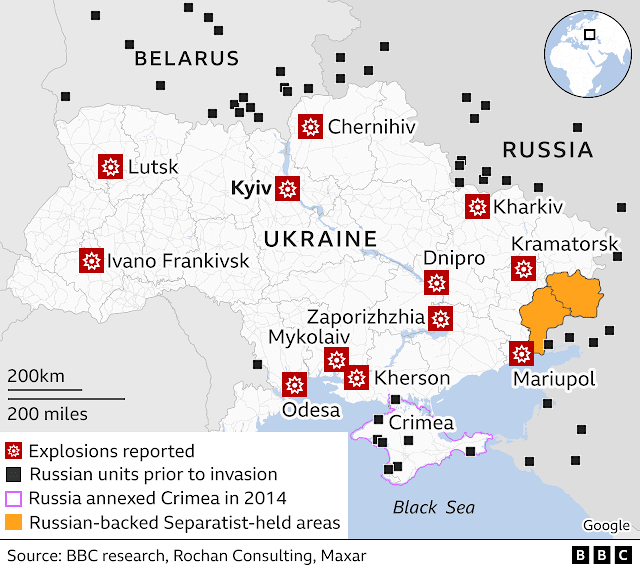TOPIC: The Ethiopian Conflict Spreads to Sudan Over Colonial Boundaries
In an escalation of the conflict currently occurring within Ethiopia, the Ethiopian government has been forced to deny that allied forces attacked Sudanese positions in the disputed Al-Fashaqa region. On Saturday, Sudan's military stated that several of its soldiers had been killed in attacks by armed groups linked to the Ethiopian military. Now, Ethiopia has denied these allegations, with the spokesman declaring the allegations as 'groundless', and blaming the rebel Tigray fighters as the instigators.
A Modern Conflict With Historical Roots
The spread of the conflict in Northern Ethiopia to neighbouring Sudan is an unsurprising jump, particularly considering the contentious history of Al-Fashaqa. The issue originates in the colonial period, when the British delineated the border with two treaties in 1902 and 1907, which ruled the international boundary to run to the east. This essentially meant that according to the colonial boundaries, the land belonged to Sudan, but Ethiopians had already settled the region and were cultivating and paying taxes to Ethiopian authorities.
In 1995, under joint pressure from Ethiopia and Egypt, Sudan withdrew its forces from the contested area. Negotiations ensued across the following decades, with a compromise reached in 2008. Ethiopian farmers were to continue to cultivate the land, whilst Sudan would retain administrative control.
The Tigray Conflict Spills Over
Unfortunately, the compromise was to collapse in November 2019. Ethiopian Prime Minister Abiy Ahmed, a former Nobel Peace Prize winner, launched a military campaign in the Ethiopian province of Tigray. The war has spectacularly backfired, with the Tigray Peoples Liberation Front (TPLF) advancing towards the capital, Addis Ababa. With the Ethiopians distracted, the Sudanese military moved in to the disputed regions, expelling ethnic Ethiopians and sparking border clashes. Ethiopia decried the move, terming it an 'invasion', but has no capability to repel the Sudanese forces. The Sudanese subsequently moved in to other disputed areas such as Khor Yabis, expelling more Ethiopian forces.
This pattern has occurred with a number of Ethiopia's neighbours, including Somalia and Eritrea, a supposed ally of Abiy Ahmed against the TPLF. Yet the harsh reality of geopolitics is that the strong will pick on the weak, despite the façade of modern diplomatic courtesies. Abiy Ahmed, following his 2019 reconciliation with Eritrea, believed himself to be 'the strong'. He decided to resolve issues with the restive Tigray populace by force, who he believed to be 'the weak'. Now, the TPLF has proved Abiy's assessment of the power balance within Ethiopia to be decidedly wrong. Now, with Ethiopia weakened, Sudanese, South Sudanese, Somalian and Eritrean forces will all continue to pick at the Ethiopian corpse. As for Abiy Ahmed, only a resolution of the Tigray conflict will allow for the return of Ethiopia's lost limbs.
(Source: https://www.dw.com/en/ethiopias-war-triggers-fears-in-kenya-south-sudan/a-59758399)



Comments
Post a Comment